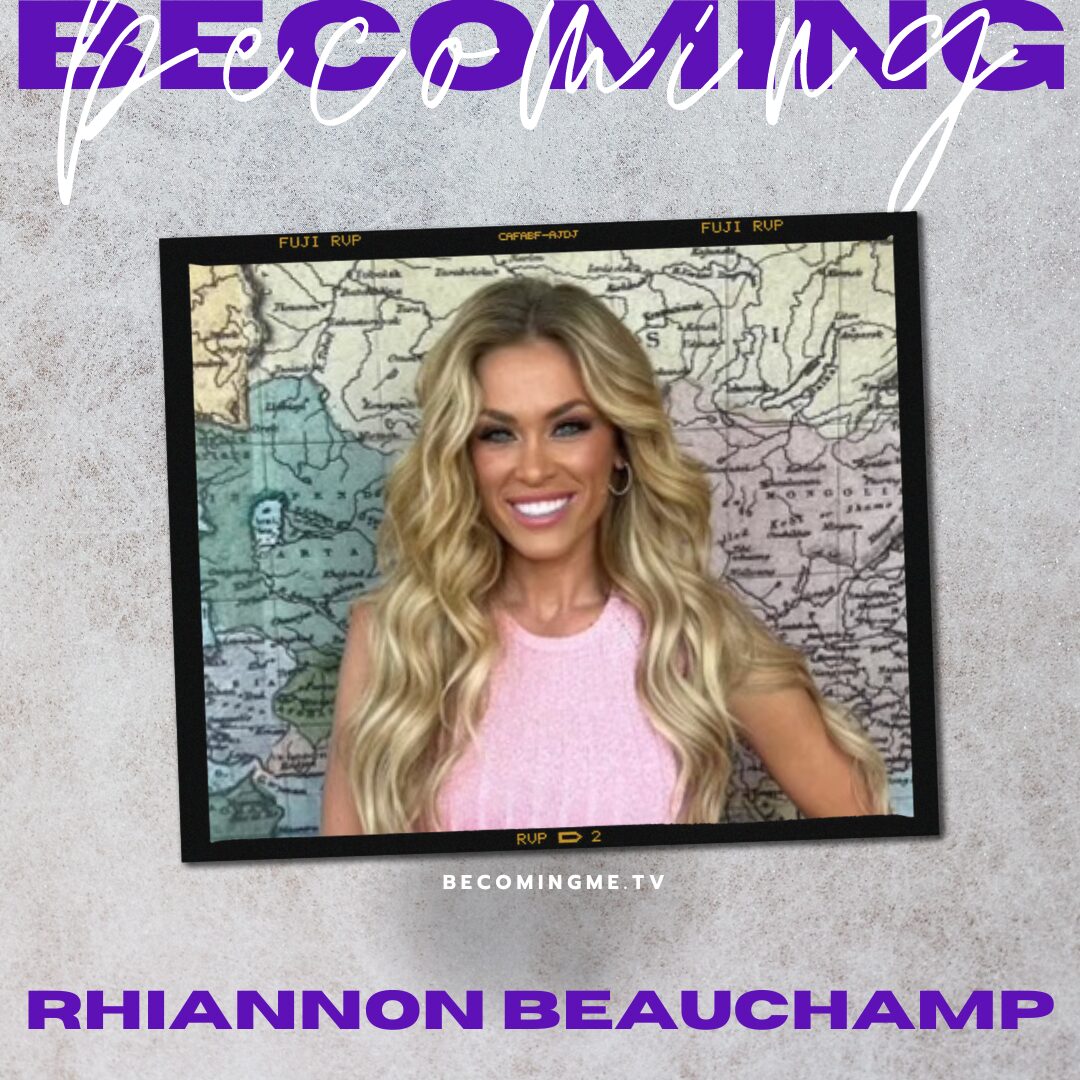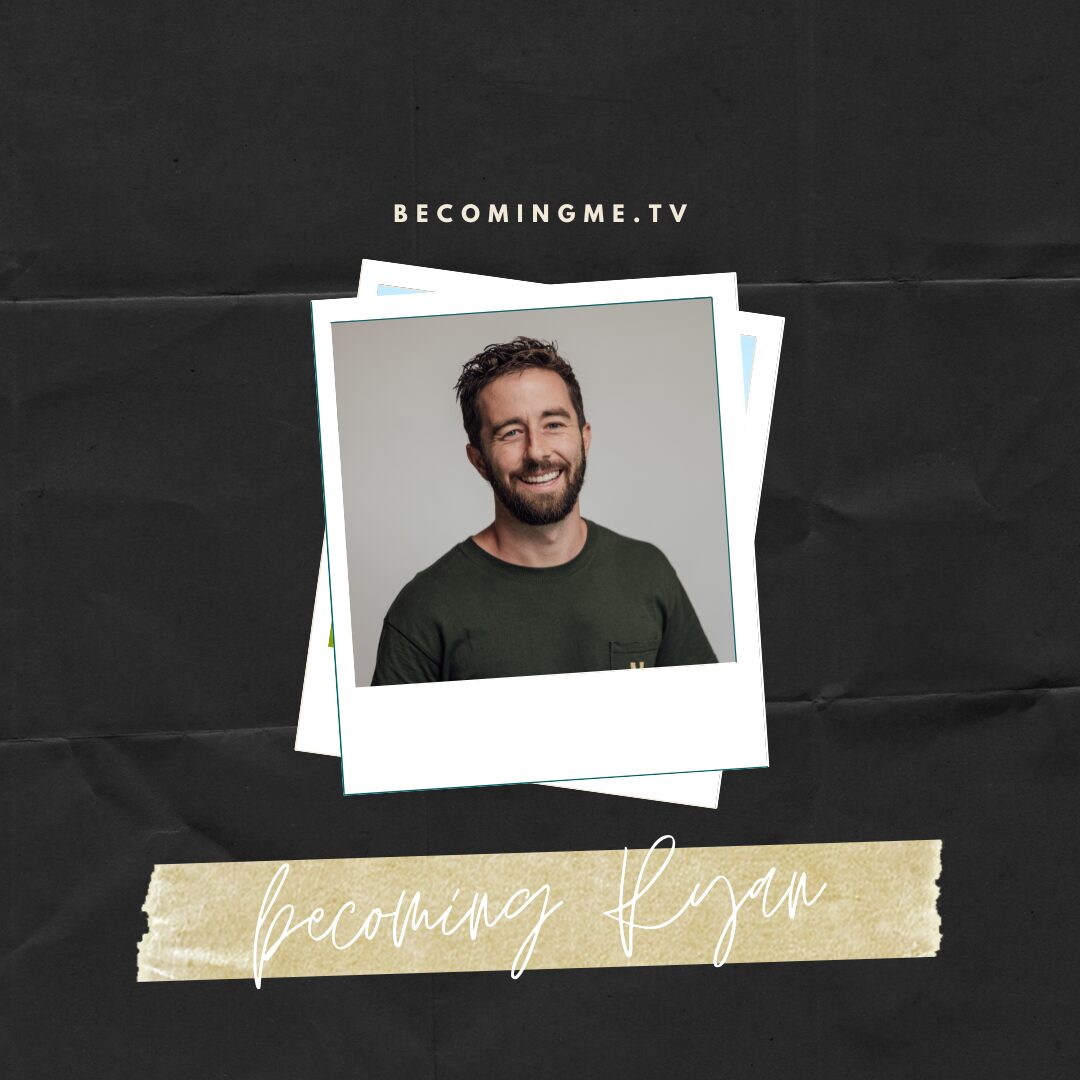When you look up the definition of “authentic,” you read synonyms like “genuine” and “true.” But one definition of the term is “of undisputed origin.” This phrase struck a cord within me—it made me contemplate “am I of undisputed origin?” and “how do I live as if I am of undisputed origin?”
As a Christian, I believe my origin is in God. I come from the breath of life He placed inside of my lungs. My soul is designed for a specific purpose, which He has ordained from the beginning of time. In theory, I am of undisputed origin. But is this my reality? Am I living authentically?
We are designed to live life as Jesus did: in fellowship with other Christians and with God while living according to His Word. If this was the plan, then why do we find it scary, or perhaps terrifying, to let others, especially Christians, get close to us? If we are living authentically, we follow Christ’s model of fellowship. We connect with others and grow towards the Father in godly relationships. But if we’re honest, we are often to afraid of judgment from others, not being accepted, or being told we aren’t welcome because of our baggage. We are worried our sin is too different from others. We are insecure that we aren’t good enough.
I personally enter a cycle of feeling insecure about the person I am, allow those insecurities to dictate how I react to others, shut others out, and use my own “pain” to be an excuse for a pattern that does not resemble Jesus in the least. I use the excuse, “But they hurt me. I have every right!”
I then feel vindicated.
Yet, in all this, I know living in an endless cycle of denying myself relationships with others because of my own insecurities means I am not living as though I am “of undisputed origin.” It is easy to shut others out when I believe my life isn’t created to bring glory to God. It is easy to keep others from getting close when I am only concerned about my own comfort and not my sanctification. When we lose sight of our purpose as Christians, we find it acceptable to blame the pain we have experienced from others to control how we love them.
Am I telling you to be best friends with a person who will negatively influence you? No, certainly not. The Bible tells us to be wise about our close friends and our inner circle. But I am telling you (and myself) to love them. I once had a friend tell me, “The way you know you love someone is if you are praying for them.” Love them by showing kindness, by holding your tongue when you want to gossip about them, and by praying for them.
God has called us to fellowship with others. He has designed us to be in relationships with others so we may become more like Him through relational accountability. Christ’s example of loving others even when they are bound to betray you constantly affirms our need to be open, accepting, and authentic in our relationships. Christ loved His disciples in spite of them falling asleep in the Garden of Gethsemane when He was in anguish over His upcoming crucifixion. He loved His disciples even as they denied Him (and their relationship with Him). He loved us while we were yet sinners. We betray Him with our sin and yet He never waivers. The pain we cause Him never becomes an excuse to separate Himself from us. His love is bigger. It is truly unconditional.
When you have been loved like that, you cannot help but love others with that same mindset. I want to challenge us to live authentically in our relationships with others. I want us to love others authentically—with undisputed origin. I want them to see the Father and the Son in us.
“This is how everyone will recognize that you are my disciples—when they see the love you have for each other.” John 13:35 (MSG)


